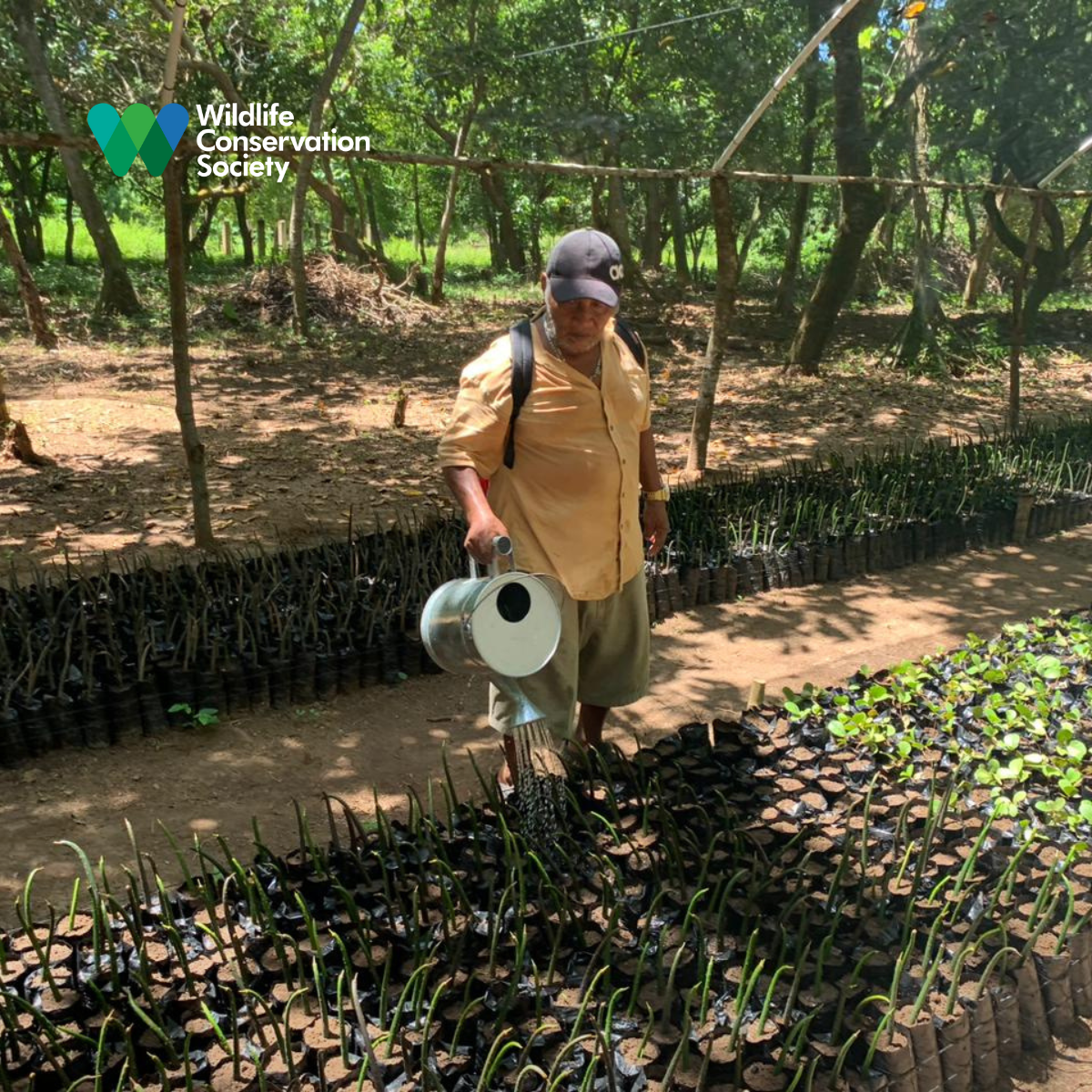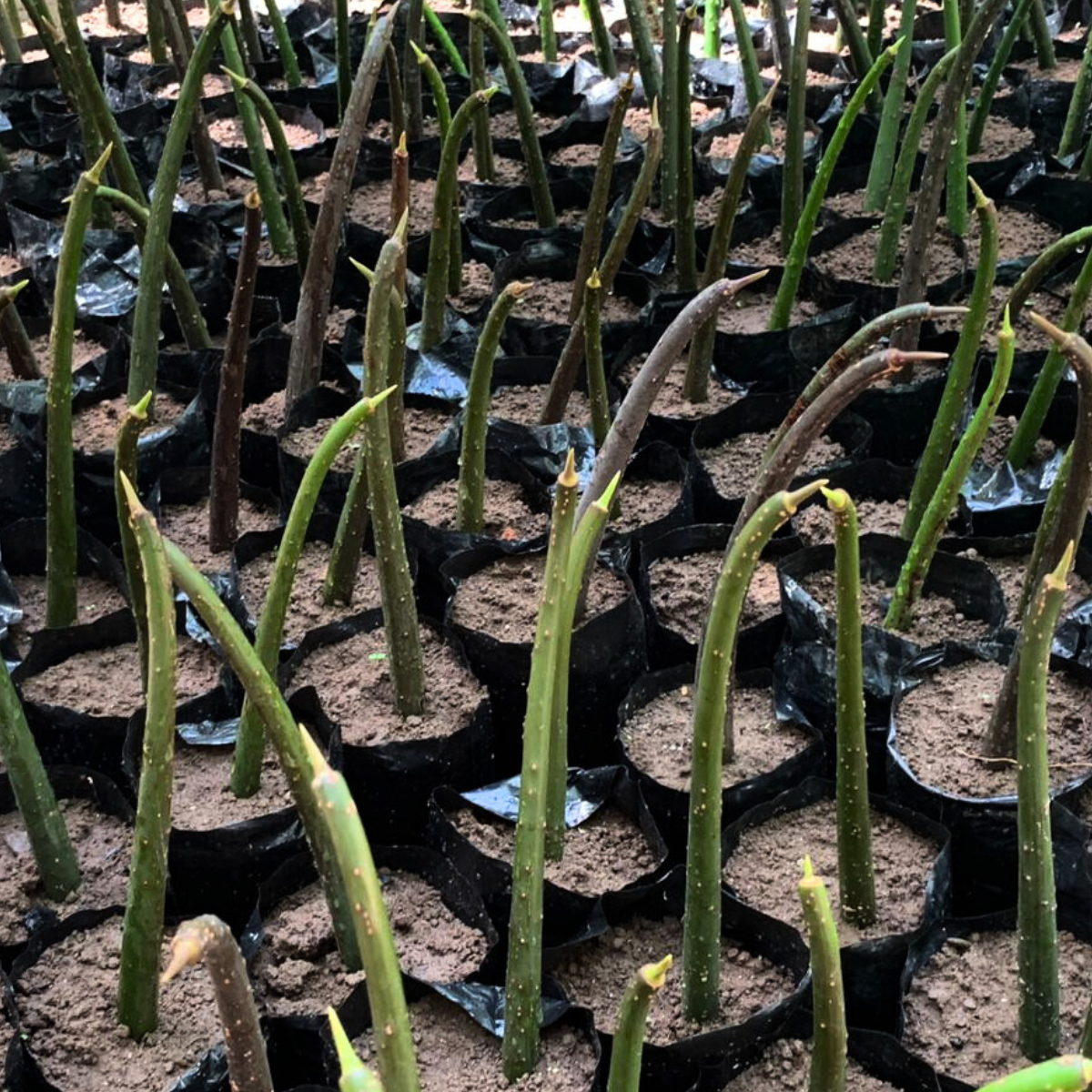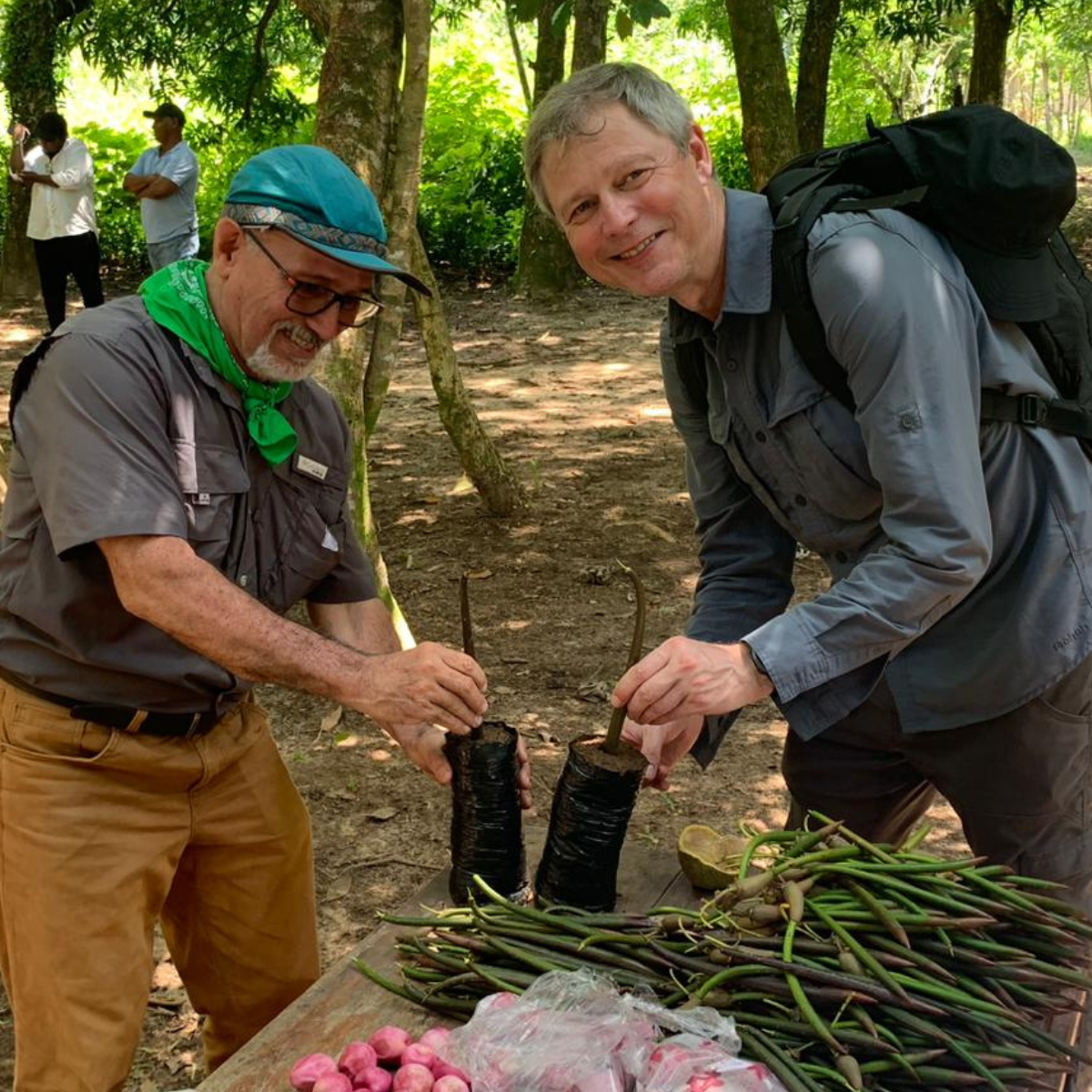The British Embassy in partnership with the Honduran Institute for Forest Conservation (ICF), Indigenous Territorial Councils, the Wildlife Conservation Society (WCS), Bosques del Mundo and Fundación para la Investigación y Conservación de los Ecosistemas y la Biodiversidad (INCEBIO) celebrated the recent start of activities of the project «Resilient and Biodiverse Landscapes of Northern Mesoamerica» in Moskitia which is funded through the Biodiverse Landscapes Fund.


La Moskitia. The second largest forest in Mesoamerica. La Moskitia is the forest shared between Nicaragua and Honduras, covers around 22,568 km2. The binational “Heart of the Mesoamerican Biological Corridor” of Nicaragua and Honduras is the second-largest wilderness in Central America. This remote area of mountains and plains, known as Moskitia, harbors natural forests, high biological diversity, and protects wildlife extirpated or at risk in smaller forest patches, including jaguar (Panthera onca), giant anteater (Myrmecophaga tridactyla), harpy eagle, (Harpia harpyja), scarlet macaw (Ara macao), white-lipped peccary (Tayassu pecari), and migratory birds. It also hosts over 100,000 inhabitants, including Miskito, Mayangna, Garifuna, Pech, and Tawakha indigenous groups.
Ambassador Whittingham met with representatives from ICF, WCS, and the Indigenous Territorial Councils of Rayaka, Barauda, Bakinasta and Diunat to discuss the scope of the Fund´s activities.
The Ambassador verified the plans for the project to provide communities with sustainable livelihoods, such as the establishment of a pilot programme for the growth of vetiver at Rayaka and Barauda. Production of allspice will be introduced in the territory of Bakinasta; and in Diunat the project will work to establish high quality cacao plots.
During his visit to Brus Laguna, Ambassador Whittingham inaugurated a mangrove nursery and participated in mangrove reforestation and seed collecting activities. In addition, Ambassador Whittingham delivered equipment to prevent and tackle forest fires, in line with the support that the Brus Laguna area will receive to reinforce forest control.
The activities in Moskitia are carried out by WCS, Bosques del Mundo and INCEBIO. The project is based on four components:
· Prosperous and resilient communities: activities to develop sustainable income streams and implement climate-adapted rural development with proper social safeguards.
· Protected areas and species protection: ensuring well-governed conservation areas and targeted protection activities for endangered species.
· Enabling policy and financing mechanisms: building consensus, multisector collaboration, and policy reforms to incentivize forest protection.
· Learning and adaptive management: implementing a monitoring and evaluation framework as a core component to evaluate impact and guide decision-making.
The Biodiverse Landscapes Fund is a UK Official Development Assistance programme which aims to support developing countries to reduce poverty, tackle and adapt to climate change, through protecting and restoring nature. The BLF is funding activities until 2030 in six of the world’s most important biodiversity hotspots to help a create a world free from poverty on a liveable planet.

